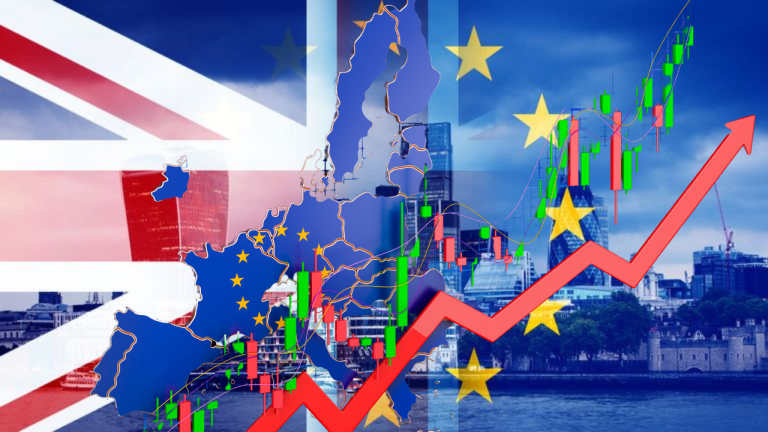Brexit Britain-Goldman Sachs Economic Analysis: Since the 2016 EU mandate, Brexit England has been firmly examined by financial experts and investigators attempting to check the monetary impacts of the Leave vote. As of late, Goldman Sachs, a conspicuous Money Road bank, distributed a report named “The Structural and Cyclical Costs of Brexit” which gives bits of knowledge into the UK’s monetary presentation compared with other high-level economies. This investigation examines the report’s principal discoveries and considers their suggestions for the English economy.
Trade and Investment Down
One of the primary areas of concern included by Goldman Sachs is the underperformance of the UK’s product trade and undertaking since the Leave vote. As shown by the bank’s examinations, UK items trade has lagged behind other significant level economies by around 15% since the order, while the business hypothesis has come up short concerning pre-command levels. This lessening in trade and investment influences the UK’s financial turn of events, with GDP per capita hardly rising above pre-Covid levels and currently staying at 4% over the mid-2016 level. On the other hand, the eurozone district has seen an 8% development, and the US has experienced a 15% climb in GDP over a comparative period.
Immigration Patterns
Another component adding to the monetary underperformance of Brexit England is the change in migration patterns. The decrease in migration from the EU, a vital vow of the Vote Leave crusade, has been supplanted by a less monetarily dynamic partner of non-EU travelers, essentially understudies. This adjustment of migration streams has diminished the versatility of work supply in the UK, adding to the post-pandemic flood in expansion and highlighting more repeating work market and expansion pressures proceeding.
Inflation and Economic Growth:
The UK has recorded higher development, which appeared to be different from the US and the eurozone, with purchaser costs rising 31% since mid-2016. This higher development, together with the underperformance in return and investment, has provoked an essential long-run yield cost of Brexit. While the report perceives that new non-EU financial agreements could direct the costs of Brexit, measures suggest that the benefit will most likely be nearly nothing. For example, the UK government measures that its worldwide union with Australia will uphold the UK GDP by 0.08% every year. At the same time, the economic impact of one more financial concurrence with Switzer needs to be ill-defined. Furthermore, the number of occasions for arranging new economic agreements with huge accessories, for instance, the US and India, still needs to be accounted for.
“Brexit Britain-Goldman Sachs Economic Analysis” This International viral news is currently the headline of social media and news channels. Stay Tuned for more details about this.
